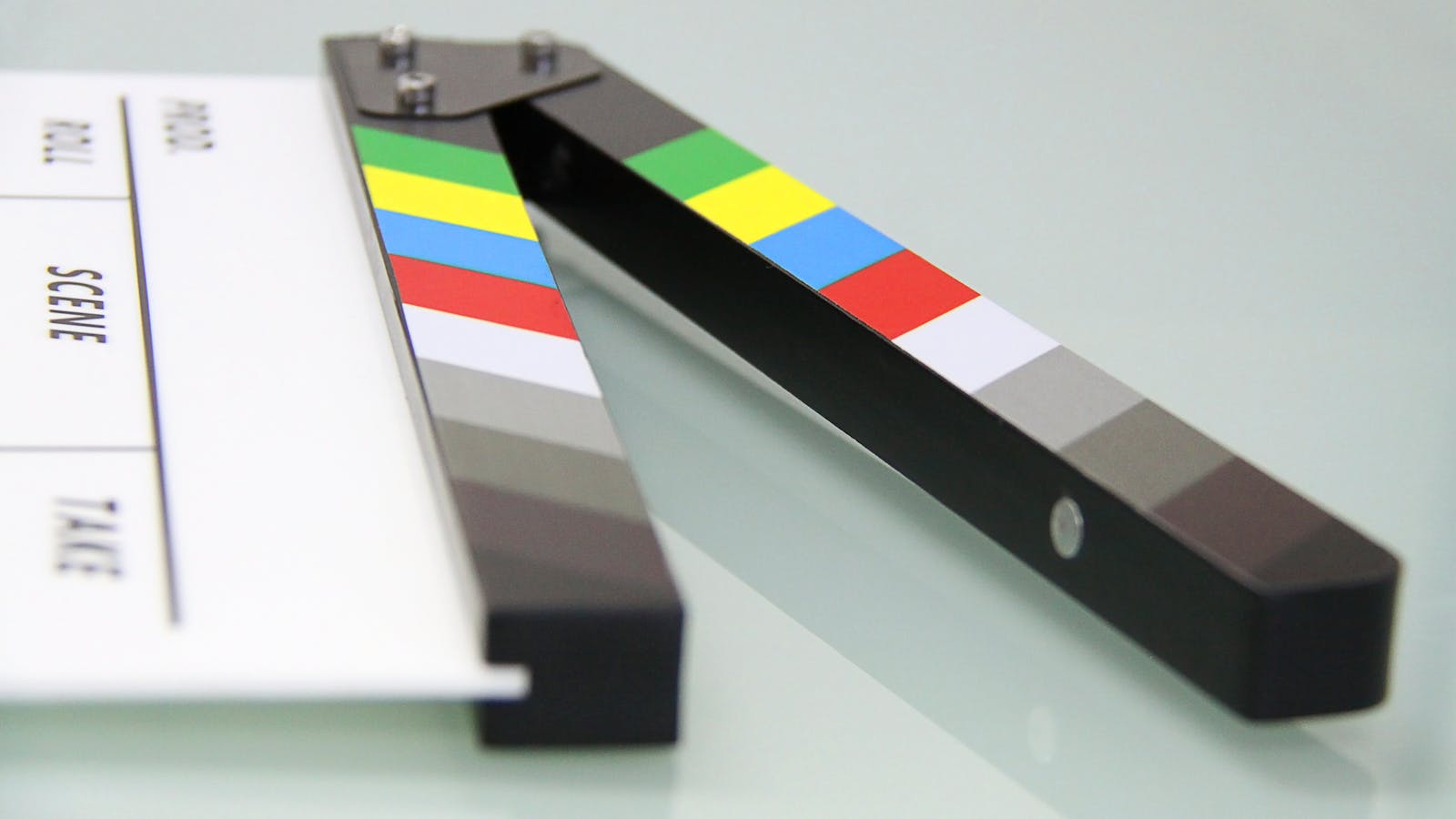Pros and Cons of Movie Adaptions
Exploring the Benefits and Drawbacks of Movie Adaptions
Movie adaptations, where novels, comics, or other literary works are transformed into films, have become increasingly popular in the entertainment industry. This trend has sparked debates about the advantages and disadvantages of adapting written works into visual media. In this article, we will delve into the world of movie adaptations to explore their pros and cons.
From beloved classics to contemporary bestsellers, countless stories have made their way from the printed page to the silver screen. While movie adaptations have the potential to bring captivating narratives to a wider audience, they also face challenges in preserving the essence of the original work. Let's take a closer look at the benefits and drawbacks of movie adaptations.
Pros
Movie adaptations offer various advantages that enrich the entertainment industry and engage audiences in unique ways. Here are some compelling reasons to appreciate movie adaptions:
Visual Spectacle
Movie adaptations have the power to bring visually stunning worlds and characters to life, creating a cinematic experience that immerses viewers in the story's setting. Through advanced special effects and skilled cinematography, filmmakers can present breathtaking visuals that captivate audiences and enhance the storytelling process.
Broader Accessibility
By adapting written works into films, storytellers can reach a wider audience that may prefer visual narratives over traditional literature. Movie adaptations have the potential to introduce compelling stories to individuals who may not be inclined to read the original books or graphic novels, thereby expanding the reach and impact of the source material.
Cinematic Interpretation
Filmmakers have the creative freedom to reinterpret and adapt written narratives into cinematic masterpieces, offering a fresh perspective on beloved stories. This artistic liberty allows for innovative storytelling techniques, character portrayals, and plot adaptations that can breathe new life into familiar tales, sparking renewed interest and discussion among audiences.
Expanded Storytelling
Movie adaptations often have the opportunity to expand on the original story, adding depth to characters, providing additional context, and exploring subplots that may have been only briefly touched upon in the original source material. This can enrich the overall narrative and create a more immersive experience for both existing fans and newcomers to the story.
Visual Translation of Imagination
Movie adaptations can visually bring to life the imaginative worlds and characters that may have only existed in the minds of readers. Seeing beloved characters and fantastical settings realized on screen can be a thrilling experience, adding a new dimension to the enjoyment of the original work.
Missing a pro?
Let us know which pro you are missing!
Cons
While movie adaptations have their merits, they also confront certain challenges and limitations that raise concerns about the fidelity and impact of the adapted works. Let's explore some of the disadvantages associated with movie adaptions:
Narrative Compression
Adapting lengthy novels or complex storylines into feature-length films often requires significant narrative compression, leading to the omission of crucial plot details, character developments, and subplots. This compression can result in a diluted or simplified version of the original story, impacting the depth and richness of the narrative.
Fan Expectations
Movie adaptations are frequently scrutinized by passionate fans of the original source material, who hold high expectations for the film to faithfully capture the essence and spirit of the written work. Deviations from the source material, miscasting of beloved characters, or alterations to pivotal plot points can evoke disappointment and criticism from loyal fans, affecting the perception and success of the adaptation.
Creative Interpretation
While cinematic reinterpretation allows for creative expression, it also poses the risk of misinterpretation or misrepresentation of the original work. Filmmakers' subjective interpretations and artistic choices may diverge from the author's intended themes and messages, potentially distorting the essence of the story and disconnecting viewers from the core elements that resonated in the original written form.
Divergence from Source Material
One of the potential disadvantages of movie adaptations is the risk of diverging significantly from the source material, potentially altering key plot points, characterizations, or thematic elements in ways that may not resonate with fans of the original work. This can lead to disappointment and disillusionment among loyal followers of the original story.
Time Constraints
Movie adaptations often face time constraints that can limit the depth and nuance of the original story. The need to fit a complex narrative into a standard movie runtime can result in the omission of important details and character development, leading to a sense of rushed storytelling and a loss of the rich tapestry present in the source material.
Missing a con?
Let us know which con you are missing!
Conclusion
In conclusion, movie adaptations offer a gateway to visually captivating storytelling and broader audience engagement, but they also grapple with the challenges of narrative compression, fan expectations, and creative interpretation. As the debate continues, each movie adaption presents a unique blend of opportunities and pitfalls, igniting discussions about the dynamic relationship between literature and cinema.






